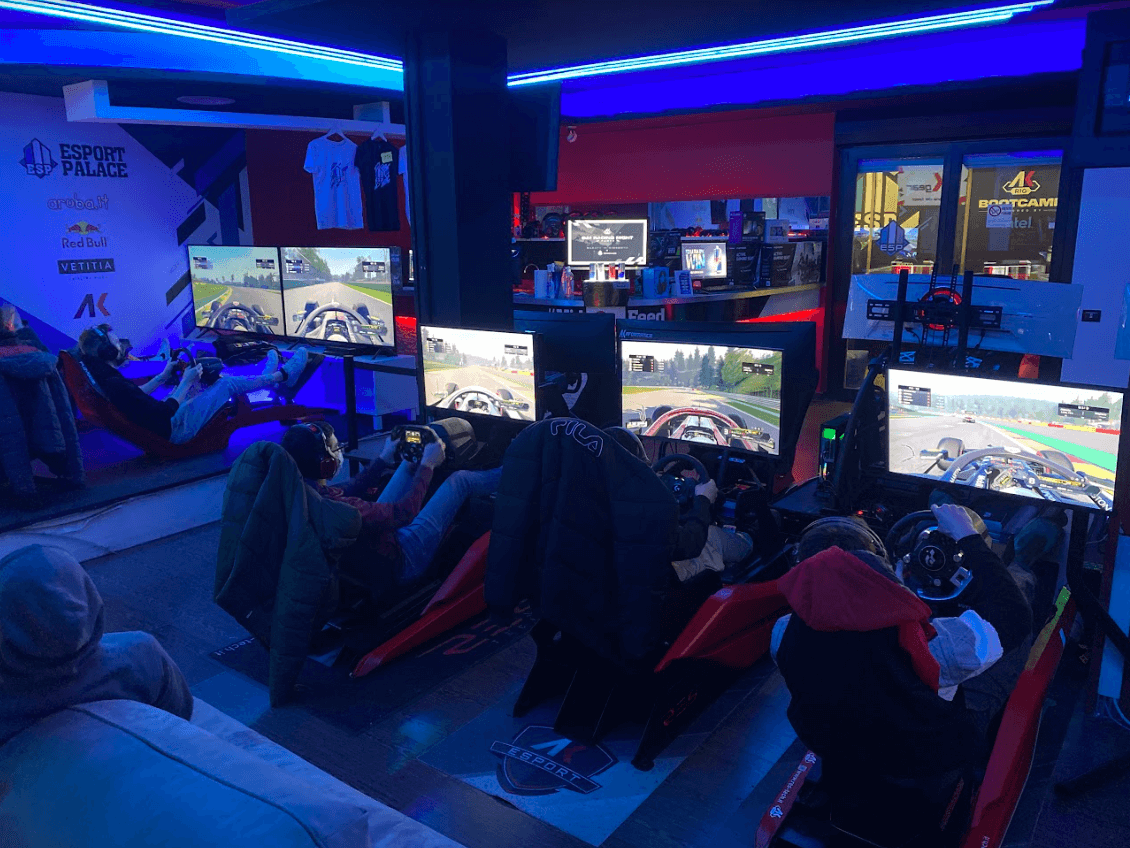The Italian government is looking to officially regulate and recognise esports, according to Italy’s Undersecretary of Finance Federico Freni.
The decision comes shortly after the Italian esports community was shaken on April 29th, when the local Customs and Monopolies Agency (Agenzia delle Dogane e dei Monopoli) seized all equipment from multiple gaming and esports venues across the country.

RELATED: Italian organisation Mkers rebrands for 5th anniversary
The reason publicly given by the Agency for the seizures was that the affected businesses were not compliant with Italian regulations. However, the existing Italian regulations classified LAN video gaming equipment under iGaming equipment like gambling, slot and arcade machines.
According to the Customs Agency, only three venues were shut down on the 29th. However, this caused widespread panic because fines between €5000-50,000 (~£4200-£42,000) per seized equipment can be issued by the Agency. As a result, many businesses shut down gaming operations to avoid being affected. Esports bars could continue to offer catering services,however, these establishments temporarily prevented customers from playing video games.
The move by the Agency was reportedly motivated mainly by slot machine business owners, who asked why LAN rooms and esports bars that provide gaming equipment as a service were not taxed or registered on the same terms. This resulted in gaming PCs, consoles, peripherals, and even driving simulators being seized and classified as not regular gear.
On May 3rd, Italian Chamber of Deputies members Luca Carabetta and Daniele Belotti, together with Senator Simona Pergreffi, were pushed by the community. In close contact with gaming and esports entrepreneur Alessio Cicolari, the individuals reportedly promoted conversations in Italian parliament for specific regulations for the market.
The outcome appears to be that specific esports regulations will be developed in the country.
On May 4th, Federico Freni, the Italian Undersecretary of Finance, said in the Chamber of Deputies: “The government reserves the possibility to take into consideration the most appropriate regulations, for the purposes to guarantee a stable and efficient regulation as soon as possible.”

Alessio Cicolari is the Owner of Esport Palace, a venue in Bergamo, Italy that had its gaming equipment seized. He spoke to Esports Insider about the dramatic seizure and ensuing political pushback.
“Yesterday I wasn’t happy, but today I am. The lack of specific regulations was always a challenge for us to promote events in Italy,” Cicolari said. According to the venue owner, new esports-specific regulations will bring more investments into the scene as traditional brands and entrepreneurs will now feel more secure about future esports financing opportunities.
“It has been ‘a small step for a man’ but one giant leap for the scene,” he added.
Cicolari still did not specify a date for Esport Palace and other venues across Italy to resume full operation. However, he expects that in the next weeks a provisory leave will be issued while the government works on regulations.
RELATED: Esports Around The World: Germany
Cicolari believes that the complaints raised by slot machine owners did not have the objective of assaulting and destroying video gaming establishments, but of protesting against prevailing gambling regulations. Cicolari, though, doesn’t believe the strategy worked for them as nothing is slated to change in that market.
Cicolari also praised the community support throughout the scandal, which he considers instrumental to the positive outcome. “The audience, the media, professionals of the industry, and some politicians were really supportive. It was a union that I had never seen before in the gaming and esports scene.”
Esports Insider says: While the French president highlights esports as the world of opportunities it is, old Italian structures have acted to hold its market back. Thankfully, what started as a backward step for Italian esports has blossomed into a much-needed opportunity to move forward. This is a changing moment for Italian esports. The case is also a warning for other countries without clear regulation: in the short-to-mid term, it can drastically affect the industry.

